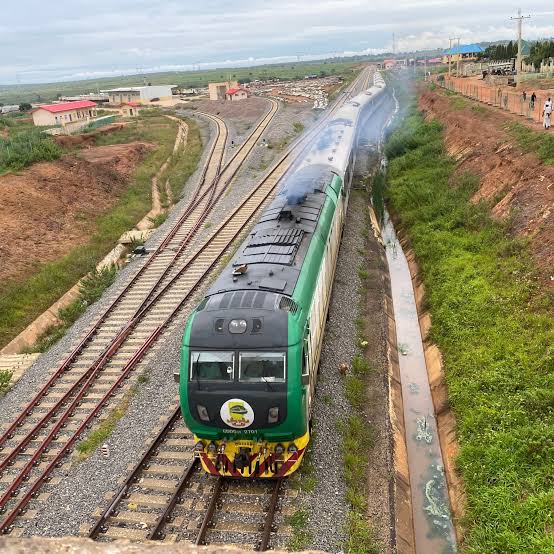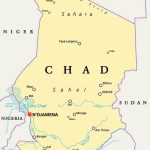By Muhammad Sani
Northern Nigeria, a region rich in history and culture, has long been a vital hub for agriculture, trade, and commerce. However, despite its potential, the region’s economic development has been stifled by inadequate transportation infrastructure, particularly its dilapidated railway system.
The need to reconstruct railways in northern Nigeria is not just an infrastructural necessity—it is a critical step toward unlocking the region’s economic potential and fostering national integration.
The railway network in northern Nigeria, once a thriving artery for trade and mobility, has suffered decades of neglect.
Originally constructed during the colonial era, these rail lines played a central role in linking rural areas to urban centers and connecting the region to ports in the south.
However, years of inadequate maintenance, outdated technology, and underfunding have left the railway system in a state of disrepair.
Reconstructing railways in northern Nigeria would provide a transformative boost to the region’s economy. Agriculture, the backbone of the north, relies heavily on efficient transportation to move goods from farms to markets. Crops like millet, sorghum, groundnuts, and tomatoes often perish due to delays and poor transport conditions.
A modern railway system would drastically reduce transportation costs, minimize post-harvest losses, and enable farmers to access larger markets, both locally and internationally.In addition to supporting agriculture, an efficient railway network would stimulate industrial growth.
Northern Nigeria is home to various natural resources, including solid minerals such as tin, gypsum, and limestone. Reconstructing railways would facilitate the extraction and transportation of these resources, attracting investments in mining and manufacturing.
This, in turn, would create jobs and contribute to the diversification of the region’s economy.The benefits of railway reconstruction extend beyond economics.
Improved rail infrastructure would enhance mobility and accessibility, allowing residents of northern Nigeria to travel more easily between cities and rural areas.
This would promote cultural exchange, strengthen social cohesion, and bridge the divide between the north and other regions of Nigeria.
Furthermore, reconstructing railways aligns with environmental sustainability goals. Rail transport is significantly more energy-efficient and environmentally friendly compared to road transport.
By reducing the reliance on heavy trucks for freight, railway reconstruction would help lower carbon emissions and mitigate the impact of climate change.
The reconstruction of railways in northern Nigeria would also bolster regional trade within West Africa. Northern Nigeria’s strategic location makes it a gateway to neighboring countries such as Niger, Chad, and Cameroon.
A revitalized railway system would enhance cross-border trade, strengthen economic ties, and position Nigeria as a leader in regional integration.
However, the task of reconstructing railways in northern Nigeria is not without challenges.
The cost of rebuilding rail lines, acquiring modern locomotives, and establishing maintenance facilities is substantial. Addressing security concerns, particularly in areas prone to insurgency, is another critical factor that must be considered.
To overcome these challenges, the Nigerian government must prioritize railway reconstruction as a key component of its infrastructure agenda. Public-private partnerships (PPPs) offer a viable solution, allowing the government to leverage private sector expertise and funding.
International financial institutions and development partners can also play a pivotal role by providing technical assistance and concessional financing.
Rebuilding railways in northern Nigeria is an investment in the future of the region and the country as a whole. It is an opportunity to revitalize an essential mode of transportation, create economic opportunities, and foster unity.
With a bold vision and sustained commitment, the reconstruction of northern Nigeria’s railway system can become a catalyst for lasting development and prosperity.
The time to act is now. A modern railway network in northern Nigeria would not only restore a vital infrastructure but also pave the way for a brighter, more connected, and economically vibrant future.
Muhammad Sani is a Student from Mass Communication Department Borno State University Maiduguri.











